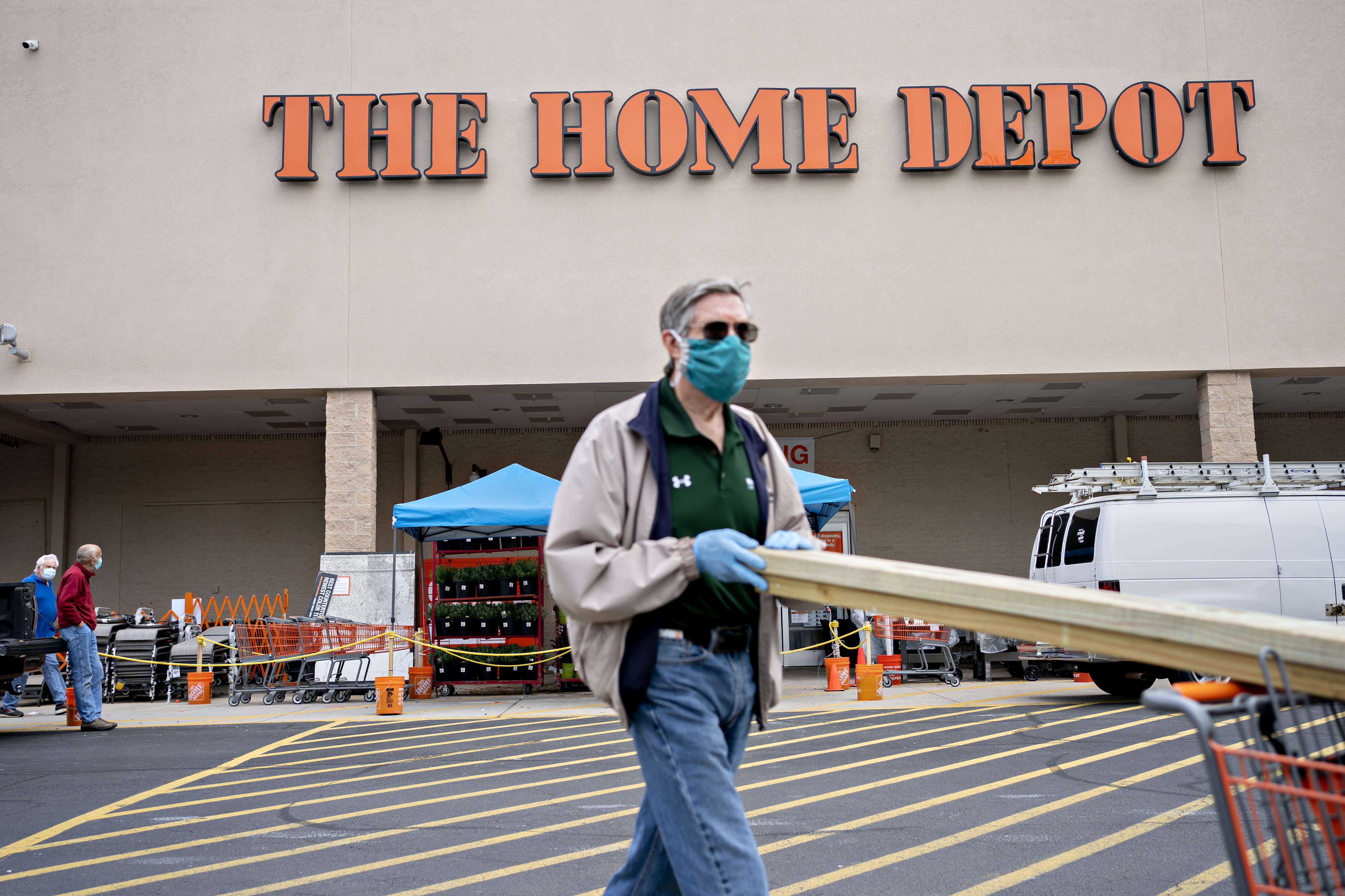This post was originally published on this site

I knew the day was coming, even if an effective vaccine would be announced shortly (which it was), my most “normal” activity, playing tennis, was, again, going to succumb to Covid-19 protocols. The virus has been surging in my state, with daily cases up over tenfold compared to where they were in June. Finally, the decree came down from the State House – we must wear masks in many places previously deemed safe, including the tennis court. My heart sank when I heard the news.
From dejection, I turned to my latest form of coping: focusing on the ways in which communities have strengthened their connections among members, and companies have adapted to the world’s new constraints. With so much suffering from pandemic fallout, we have also observed how investors so quickly rewarded stocks whose business models aligned with remote work and life. Zoom, Peloton, Nintendo, Teledoc, and Netflix easily fit that description.
However, there have also been a multitude of firms that presciently adopted technologies that would become essential to Covid-world success, and those who pivoted, stretched and even reconfigured their pre-pandemic strategy, product lines, and services in ways that were unthinkable a half year (or a lifetime) ago.
Home Depot had been expanding its e-commerce capacity for years, strengthening connectivity across retail locations and pick-up capability, which has helped meet the skyrocketing demand for home projects. The company also quickly repurposed parking lot space for garden and landscape products, driving sales higher. Investors applauded these efforts, pushing HD stock up 27% this year.
In health care, many participants have been able to leverage their skill base toward Covid-testing and therapies. Thermo Fisher (+50% YTD), one of the largest life science tools and diagnostics producers, announced $2 billion in Covid-testing revenues in the third quarter, far exceeding the most bullish expectations.
Mettler-Toledo, an instrumentation company serving the industrial, health care, and food markets, was able to “accelerate market share gains by enhancing our digital sales and marketing tools,” with a highly effective e-demo and CRM system, particularly in health care testing equipment. The stock is up 43% in 2020.
Exact Sciences (29+% YTD), whose emphasis has been colon cancer detection, reported meaningful sales in Covid testing, illustrating their flexibility and competence.
Even a traditional consumer food brands company, Hershey, generated higher sales over the Halloween period than a year ago despite so few trick-or-treaters and holiday parties. Did I eat that many Reese’s pieces and Kit Kat bars? They sold tons more chocolate chips and other products for baking, an activity whose prominence has not been so high since the middle of the last century; developed candy dispensers that were Covid-safe from which children could withdraw wrapped candy without compromising social distance; and redesigned all their advertising to coordinate with a home-centered existence.
Although the stock has underperformed the S&P 500 so far this year, up 5% versus 10% for the index, the recent quarter could ignite an uptrend to HSY based on the clear success of its ingenuity.
Even with a vaccine possibly arriving at a pharmacy near you in the next year, we are not out of the Covid-woods yet, with many long months during which adaptation will confer profits and higher stock prices. It’s not simply the remote stocks versus the reopening ones.
Vaccines need to be stored around the country. Who will do that – Amazon warehouses, underutilized or anchor stores and shopping malls; empty downtown office buildings? Will the product be delivered by UPS, FedEx, the commercial airlines, the public railroads?
Now that millions of Americans have purchased a Peloton, we need stable bikes and treadmills that can fit into smaller spaces, to satisfy the demands of so many apartment dwellers. That could be Peloton or another supplier.
The huge uptick in home renovation has highlighted the shortage of skilled carpenters, plumbers and electricians. Investors might relish an opportunity to invest in a safe chain of academies offering quality trade certifications developed as a start-up, division of a home builder, Home Depot or Lowe’s.
There remain wide opportunities for technology companies to better serve the millions of small businesses trying to stay afloat through the coming months by carefully navigating the purgatory from deep Covid toward a vaccinated population.
Now, could someone please develop a mask that keeps my droplets away from my partner on the tennis court, protects me, but also lets me breathe?
Karen Firestone is Chairman, CEO and co-founder of Aureus Asset Management, an investment firm dedicated to providing contemporary asset management to families, individuals and institutions.





